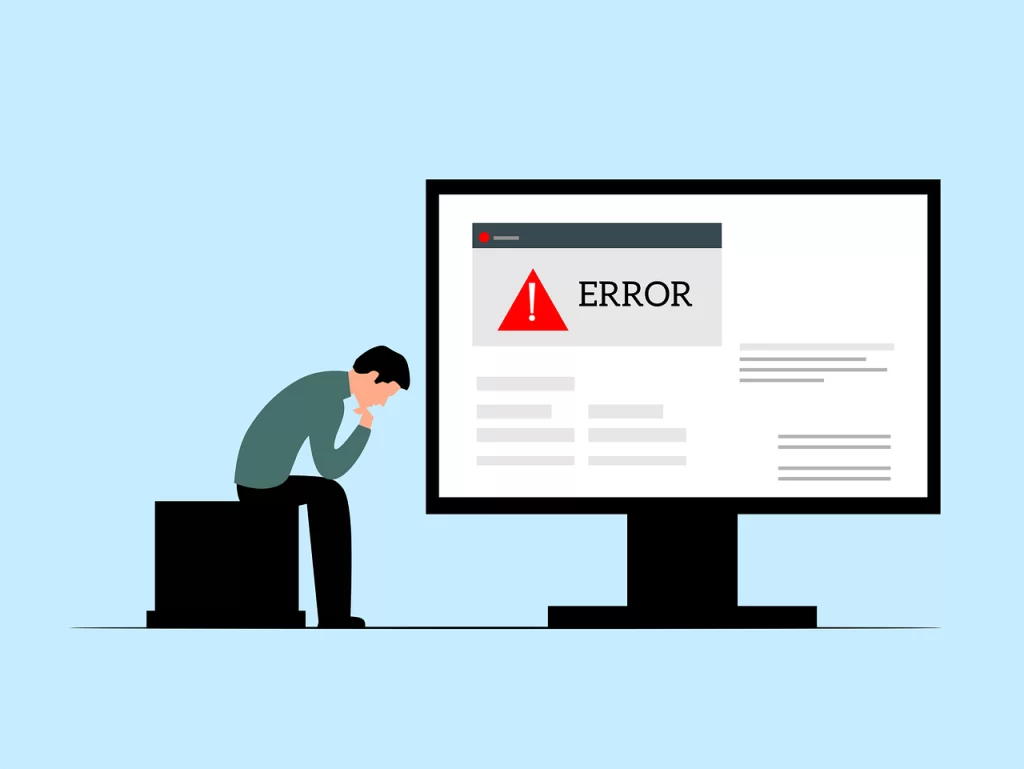“Leadership is not about being in charge. It is about taking care of those in your charge” – Simon Sinek.
Leading one team is demanding, leading multiple is an even greater challenge. In today’s fast-paced and ever-evolving business landscape, it is becoming increasingly common to have several remote teams working from multiple locations.
Team managers are responsible for each team member and the overall performance of every ongoing project. This job requires leadership, communication, collaboration, decision making, and attention to detail. Managers often work with project management systems to delegate tasks, ensuring to give clear goals to team members of different groups.
With only 24 hours in a day, how does one manage multiple teams effectively?
5 Mistakes You Should Avoid When Managing Teams

Successful managers of multiple teams avoid the following five common mistakes:
#1 – Being Too Busy for your Team
Everyone has their own workload to get through. So, it’s easy to get stuck on one task while forgetting to allocate some time towards someone who requested support.

Thus, it is important to create a schedule in which you have time to touch base with the whole team.
This will make individual team members feel valued, and it will ensure that you have a good grasp on the ongoing projects of the whole business.
#2 – Micromanaging
Micromanaging consists of hovering around each individual of a team, and attempting to control every detail of their work. This is highly not recommended as it can intimidate the team member and suppress their creativity. This also negatively impacts the team’s overall success.

To combat this issue, focus on giving clear guidelines and clear expectations.
This way, you manage your teams in a way that each member feels important and empowered.
#3 – Overlooking Team Dynamics
Each and every team has its unique strengths, difficulties, and overall dynamics. Ignoring differences between teams leads to noticeable inequalities in both workplace morale and efficiency.

Having a management style tailored to each team while leading multiple teams is a great method for those wanting to maintain consistency while maximizing efficiency.
#4 – Poor Communication
As cliché as it sounds, communication really is key to success!
Senior management aims to promote collaboration through video conferencing or face to face meetings, which are all great ways to keep a constant flow of communication. Neglecting to create and manage a clear stream of communication between teams may lead to challenges like duplicated work and missed deadlines.

Thus, try to keep constant scheduled meetings within and between teams. Also, try an open-door policy for your office, keep providing and reading clear updates through project management software tools and emails.
This can also help you monitor progress while fostering an environment of strong communication.
#5 – Weak Delegation Skills
Some leaders make the mistake of trying to do everything themselves. This can lead to challenges like misunderstandings and burnout syndrome.

Learning to delegate tasks properly means learning to trust all your different teams. Recall, leading multiple teams requires an in-depth knowledge of each team’s strengths and weaknesses. You must delegate effectively, assigning responsibilities across your multiple teams according to their personal roles and strengths.
This will foster collaboration and greatly improve efficiency.
3 Additional Tips for Team Management:
1. Prioritize Motivation

High levels of motivation help with the following things: employee retention, individual and team satisfaction, business profitability, and more…
Prioritizing the sustainment of a motivational work environment can greatly benefit yourself and your team members.
2. Align with Company Goals
Aligning, or re-aligning your own goals to your company’s objectives can prevent your teams from wasting time on irrelevant work or chasing conflicting objectives.

Regularly communicating the organization’s priorities to each of your several teams can improve scope focus and general productivity.
Meanwhile, at each step of the way, you should make sure that the goals of each team aligns with the bigger picture of the company’s vision.
3. Provide the Right Feedback
You know the famous bedtime story of Goldilocks and the Three Bears: One bed was too soft, one was too hard, and only one was just right. Similarly, line managers must be careful to deliver not too much feedback, nor too little. Learning is vital to growth, as growth is vital to success.

Consider if you delay giving an important piece of constructive feedback to teams or individuals until the end of the quarter since that felt like the ‘right time’. This can cause potential business to be lost along the way and it prevents growth opportunities for your team members.
Final Remarks

To sum it all up, the ability to effectively manage teams is dependent on how well you can manage your own workload and skills. Harnessing your communication, delegation, and feedback-providing skills is part of what you can do for yourself and your team members.
Cultivating a work environment that promotes a growth mindset has been shown to highly benefit both business and personal success, as we explored in our previous article, ““Benefits of a Growth Mindset”. This mindset will assist in the managing of teams since it involves viewing mistakes and failures as learning opportunities.
For additional self-improvement tips that can benefit your business, check out our page on Career Development.






